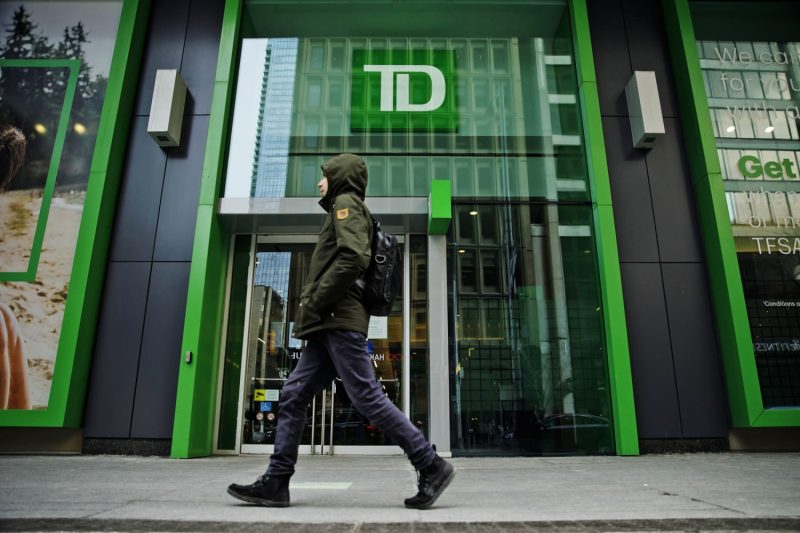
Breaking News: TD Bank Admits to Money Laundering, Faces Record $3 Billion Fine
TD Bank Pleads Guilty in Money Laundering Case, Will Pay $3 Billion in Penalties
The recent development in the TD Bank money laundering case has sent shockwaves through the financial world. The bank has pleaded guilty to charges of money laundering and has agreed to pay a hefty penalty of $3 billion. This landmark case highlights the critical issue of financial institutions engaging in illicit activities and the importance of stricter regulations and oversight in the banking sector.
Money laundering is a serious offense that involves disguising the origins of illegally obtained funds to make them appear legitimate. It is a complex and clandestine process that often involves multiple transactions across various jurisdictions. In the case of TD Bank, the authorities found compelling evidence of the bank’s involvement in facilitating money laundering activities on a massive scale.
The guilty plea by TD Bank marks a significant turning point in the fight against financial crimes. It serves as a stern warning to other banks and financial institutions that engaging in illegal activities will not go unpunished. The $3 billion penalty imposed on TD Bank is one of the largest ever recorded in a money laundering case, underscoring the severity of the charges and the need for strong deterrents to prevent such activities in the future.
The implications of the TD Bank case go beyond financial penalties. It raises questions about the effectiveness of existing anti-money laundering measures and the need for stronger regulatory oversight. The case highlights the challenges faced by regulators in monitoring the activities of large financial institutions and underscores the importance of increased transparency and accountability in the banking sector.
Furthermore, the TD Bank case serves as a stark reminder of the potential consequences of lax compliance and oversight mechanisms within financial institutions. The involvement of banks in money laundering activities not only undermines the integrity of the financial system but also poses serious risks to national security and stability. It is imperative for regulators, banks, and law enforcement agencies to work together to combat money laundering effectively and safeguard the integrity of the financial system.
In conclusion, the guilty plea by TD Bank in the money laundering case and the subsequent $3 billion penalty send a clear message that illicit financial activities will not be tolerated. The case underscores the importance of stringent regulations, robust oversight, and strong enforcement mechanisms to prevent money laundering and other financial crimes. It is a wake-up call for the banking sector to prioritize compliance, transparency, and integrity in all their operations to maintain the trust and confidence of customers and regulators alike.
